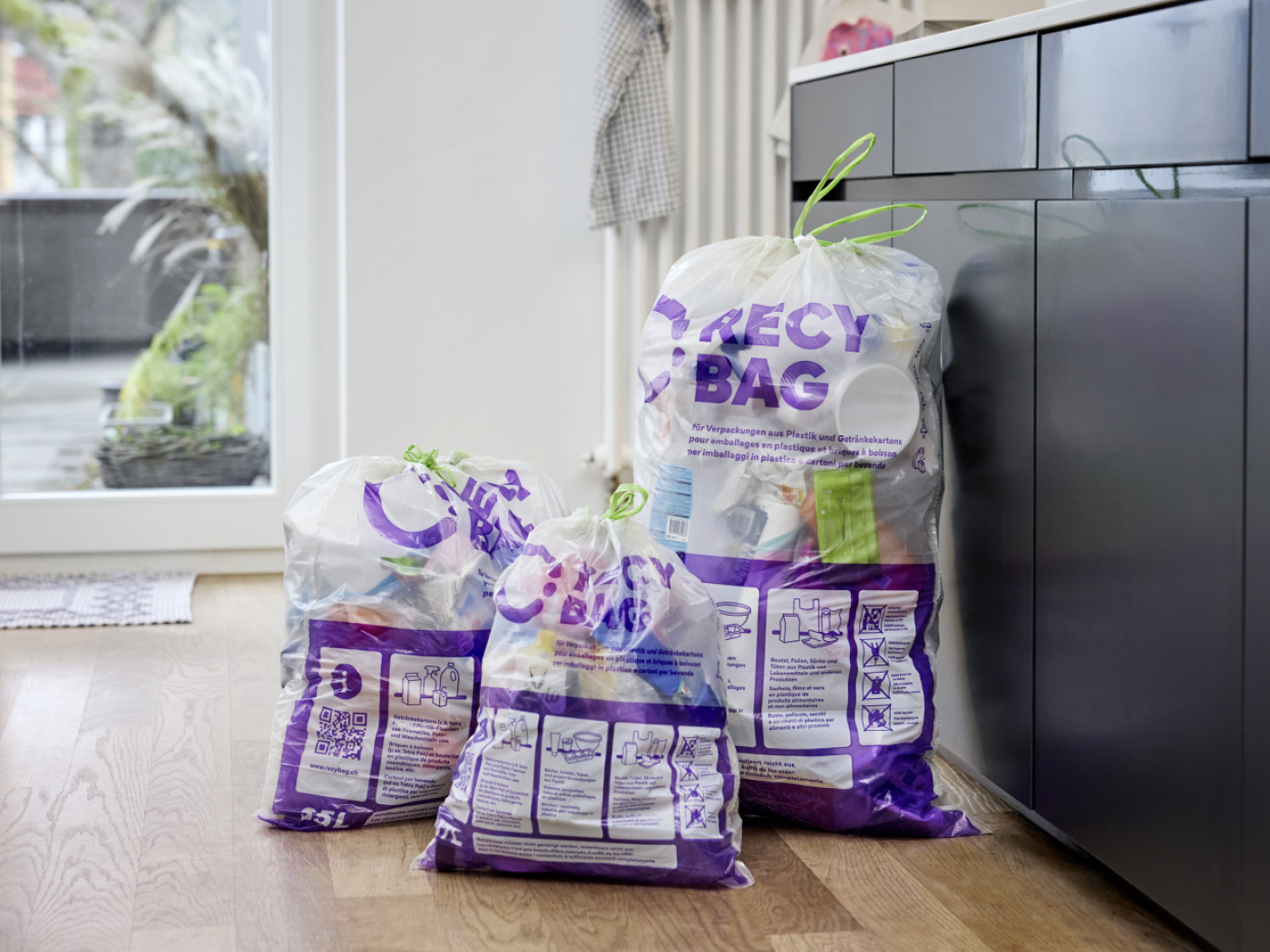Swiss economy grew more strongly than assumed in 2022

Last year, gross domestic product (GDP) grew by 2.6% rather than the 2% previously thought, Swiss statisticians said on Thursday.
The real GDP growth published by the Federal Statistical Office (FSO) on Thursday was based on the first national accounts data. The previously available estimate was published by the State Secretariat for Economic Affairs (Seco) at the end of May.
Last year’s significant increase took place in a growth-friendly environment and was characterised by the upturn in services and strong growth in manufacturing, writes the FSO. As is well known, services (transport, hotels and restaurants) in particular had still suffered heavily from the consequences of the Covid-19 pandemic in 2021.
+ A second-quarter check-up of the Swiss economy
Due to relatively high inflation, nominal growth rates were still significantly higher than real growth rates last year. Gross national income (GNI) at current prices, which measures the total income of companies and households based in Switzerland, rose by 4.7%, according to the FSO figures. However, a slight decline in the balance of income with foreign countries had a somewhat dampening effect.
In addition to these initial estimates for 2022, the GDP figures for 2021 and 2020 have also been revised upward. For 2021, it is now +5.4% after the previously communicated 4.2%, for the first Covid-19 year 2020 -2.1% instead of -2.4%. The exact calculation of the GDP figures is not statistically straightforward. Accordingly, various assumptions and estimates are needed for the first figures, which means that there may be major revisions in the future.
The first estimate of annual GDP in the national accounts is made after eight months (end of August) and, according to the FSO, is partly based on incomplete information and on short-term indicators (e.g. employment statistics). The second estimate after twenty months – i.e. currently for the 2021 figures – then includes structural data from surveys (e.g. for value added statistics) and administrative data.
The significant upward revision for 2021 (+1.2 percentage points) was primarily due to the inclusion of more comprehensive data on large multinational companies such as Nestlé, Novartis and Roche. For example, the growth of the pharmaceutical industry has been significantly adjusted upwards as a result of the new information, according to the FSO.
+ Read more: sluggish growth expected in 2023 and 2024
The corrections could be explained, for example, by adjustments in business models, volatility, and the increasing importance of income from licenses and patents as well as from real estate. The establishment of new subsidiaries of foreign groups in Switzerland, which had not been included in the initial data, also contributed to this.
The already exceptional results of the manufacture of computer, electronic and optical products (including watches) were also more positive with the inclusion of the new data, the report added.
Multinational companies are playing an increasingly important role in the Swiss economy, and their business model is often very complex. The FSO is currently working on a solution to better take into account globalisation-related aspects and is trying to work more closely with large multinational firms and rethink certain processes to this end, the statement said.
This news story has been written and carefully fact-checked by an external editorial team. At SWI swissinfo.ch we select the most relevant news for an international audience and use automatic translation tools such as DeepL to translate them into English. Providing you with automatically translated news gives us the time to write more in-depth articles. You can find them here.
If you want to know more about how we work, have a look here, and if you have feedback on this news story please write to english@swissinfo.ch.

In compliance with the JTI standards
More: SWI swissinfo.ch certified by the Journalism Trust Initiative



















You can find an overview of ongoing debates with our journalists here . Please join us!
If you want to start a conversation about a topic raised in this article or want to report factual errors, email us at english@swissinfo.ch.